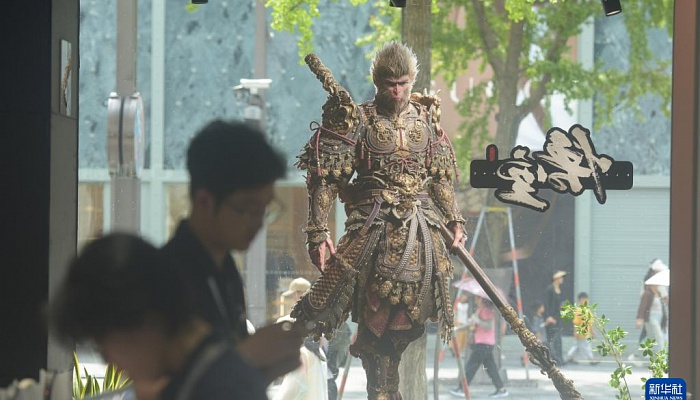
A Fresh Start for Platform Economy in China
Date: September 15, 2024
Author: Dr. CAO Zhongxiong, Assistant President of CDI, and the Director of the Digital Strategy and Economic Research Center
China's platform economy has evolved through distinct stages, transitioning from unchecked growth to a phase of well-regulated governance and innovative development. Over time, this process has cultivated a group of leading platform enterprises. The last three years have been pivotal, signifying a period of significant transformation. Initially driven by the rapid rise of the "Internet Plus" initiative, platform enterprises expanded into traditional industries, often being equated with e-commerce companies by the public. However, as digital technology increasingly integrates with the real economy, platform enterprises are now venturing into emerging fields such as technological innovation, driving their businesses to new depths.
Consider Alibaba as a prime example. In the last three years, the company has significantly increased its investment in areas such as AI-driven large language models. Its proprietary “Tongyi” model has secured a leading position in the global open-source large-model landscape. Alibaba has also facilitated the development of next-generation models by leveraging its own computational power and technical capabilities. This evolution demonstrates a shift: platform enterprises are no longer merely commercial entities but are increasingly positioning themselves as digital enterprises. As pioneers of the digital economy, platform enterprises are leveraging digital technologies to drive supply-side reform, stimulate consumption, streamline supply chains, promote dual circulation (domestic and international), and foster flexible employment, transforming themselves into comprehensive integrators of digital technology application and advancement.
Although Alibaba’s journey began in e-commerce, it has progressively evolved into a frontrunner in China’s technological innovation. Amid a global wave of…
Read more...Integrated Healthcare and Elderly Care: A Pressing Challenge Amid Population Aging
Date: September 13, 2024
Author: Dr. LIU Jie, Senior Research Fellow at CDI
In 2021, China transitioned to a moderately aging society, with the aging process set to accelerate, posing increasing challenges to healthcare and elderly care. The rapid aging phenomenon is marked by three key features:
Trend: China’s aging population is poised to join the “fast lane.” Structure: The proportion of the…The Long Journey of Chinese Culture to Reach the World
Date: August 27, 2024
Author: Mr. MING Liang, Research Fellow, Institute of Urbanization, CDI
In 2024, the Chinese AAA game Black Myth: Wukong debuted spectacularly, swiftly becoming a trending topic and a "top influencer." Inspired by the Chinese literary classic Journey to the West, this game has indeed created a “black myth,” achieving dual success in both critical acclaim and sales. The…
Unchartered Water: AI and Its Implications for Copyright Law
Author: Dr. LI Enhan, Deputy Director of Token Digital Economy Research Center, CDI
Editor’s note: In the wave of global digitalization and intelligence, AI's role in artistic creation is challenging the foundations of copyright law. Questions about the originality of AI works, their copyright ownership, and the criteria for infringement are now at the forefront for legal experts. Against this…
Shenzhen Exemplifies Rapid Economic Rise on The Back of Tech Innovation
Author: Fan Gang, President of CDI and Cao Zhongxiong, Assistant President of CDI.
As a special economic zone and a city blossoming on science and technology, Shenzhen, in South China’s Guangdong Province, is not only an economic front-runner, but also a great “mirror” illustrating China’s quick pace of technology innovation and economic development.
The development of Shenzhen has been subject…
Giant Ship of China’s Economy Cruises Steadily, Defying ‘Peak’ Hype
Author: Cao Zhongxiong, Assistant President of CDI.
Despite the challenges posed by the lackluster global economy and an increasingly complex, severe, and uncertain external environment, China’s economy managed to achieve 5.2 percent growth in 2023. This growth contributed over 30 percent to global economic growth, solidifying China’s role as a crucial engine for global economic expansion.…














